The history of the Revolution can be felt everywhere in Virginia, from the mountains to the beaches. Learn about the American Revolution and Independence and how Virginia helped shape our nation at these attractions and museums.
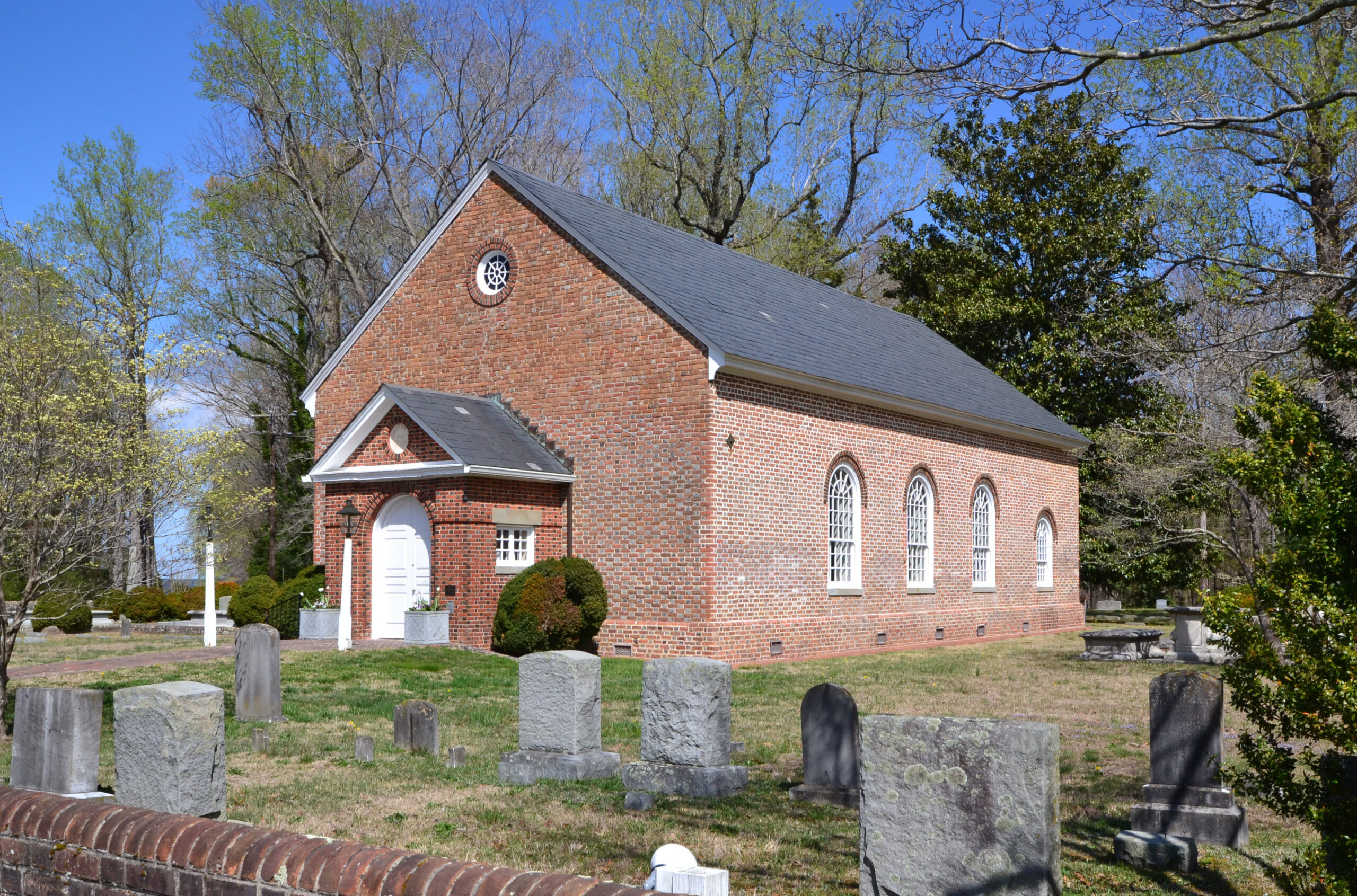 Christ Church
Christ ChurchThe present and second church of Christ Church Parish In Middlesex County was completed in the 1720s. Alexander Graves served as its mason, and John Hipkins, Sr., as its carpenter. Among its patrons were the Wormeleys of Rosegill. Although of modest ... Read More
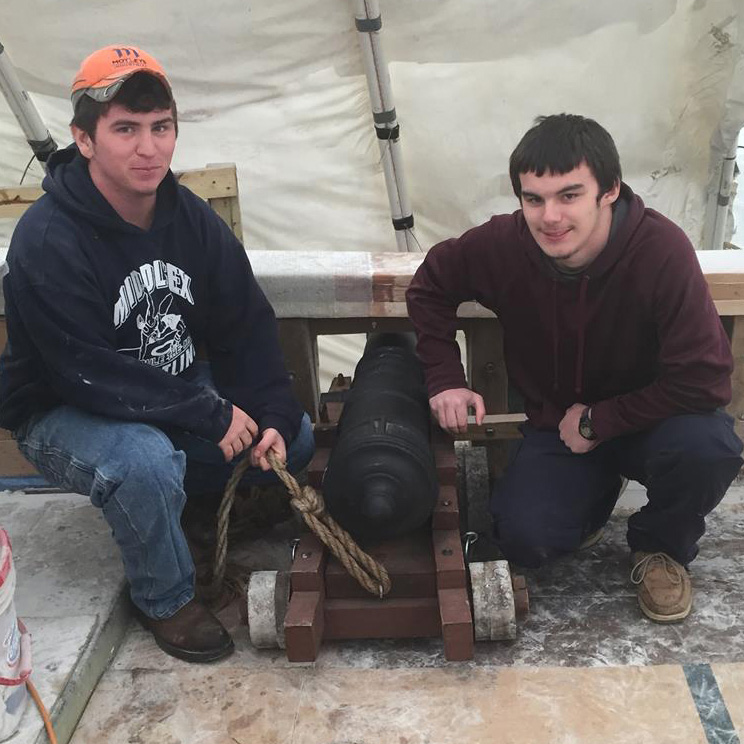 Colonial Seaport Foundation
Colonial Seaport FoundationThe Colonial Seaport Foundation is an educational charitable organization focused on preserving facets of America's Colonial (17th-18th Century) Maritime Heritage by providing accurate living history presentations and education to the public. Thes... Read More
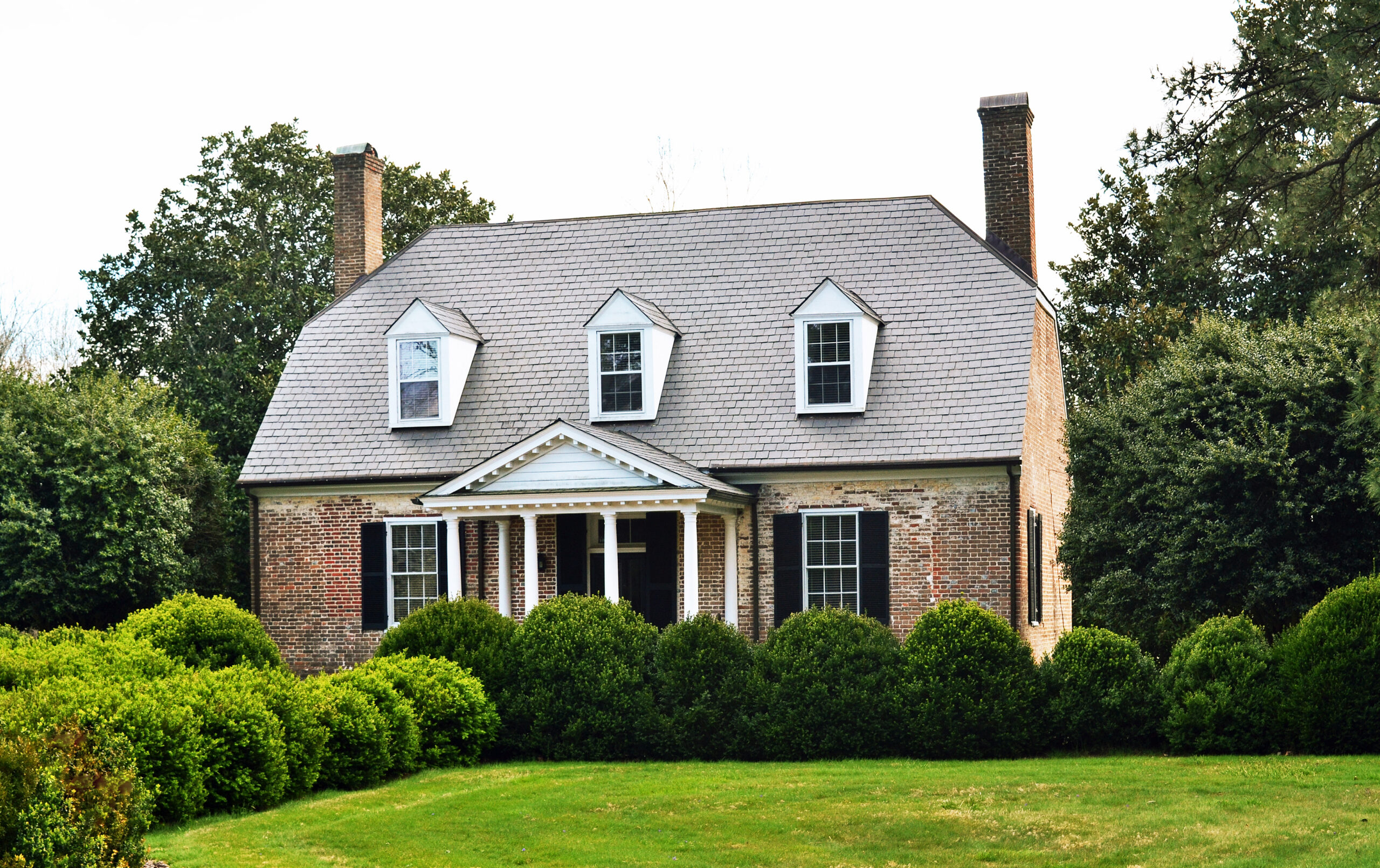 Deer Chase
Deer ChaseCaptain Oswald Cary was granted 460 acres on the Piankatank River in 1685; the present house was likely built several decades later by a Cary descendant. Fire gutted the interior in the early 19th century; hence, the present woodwork dates from that ... Read More
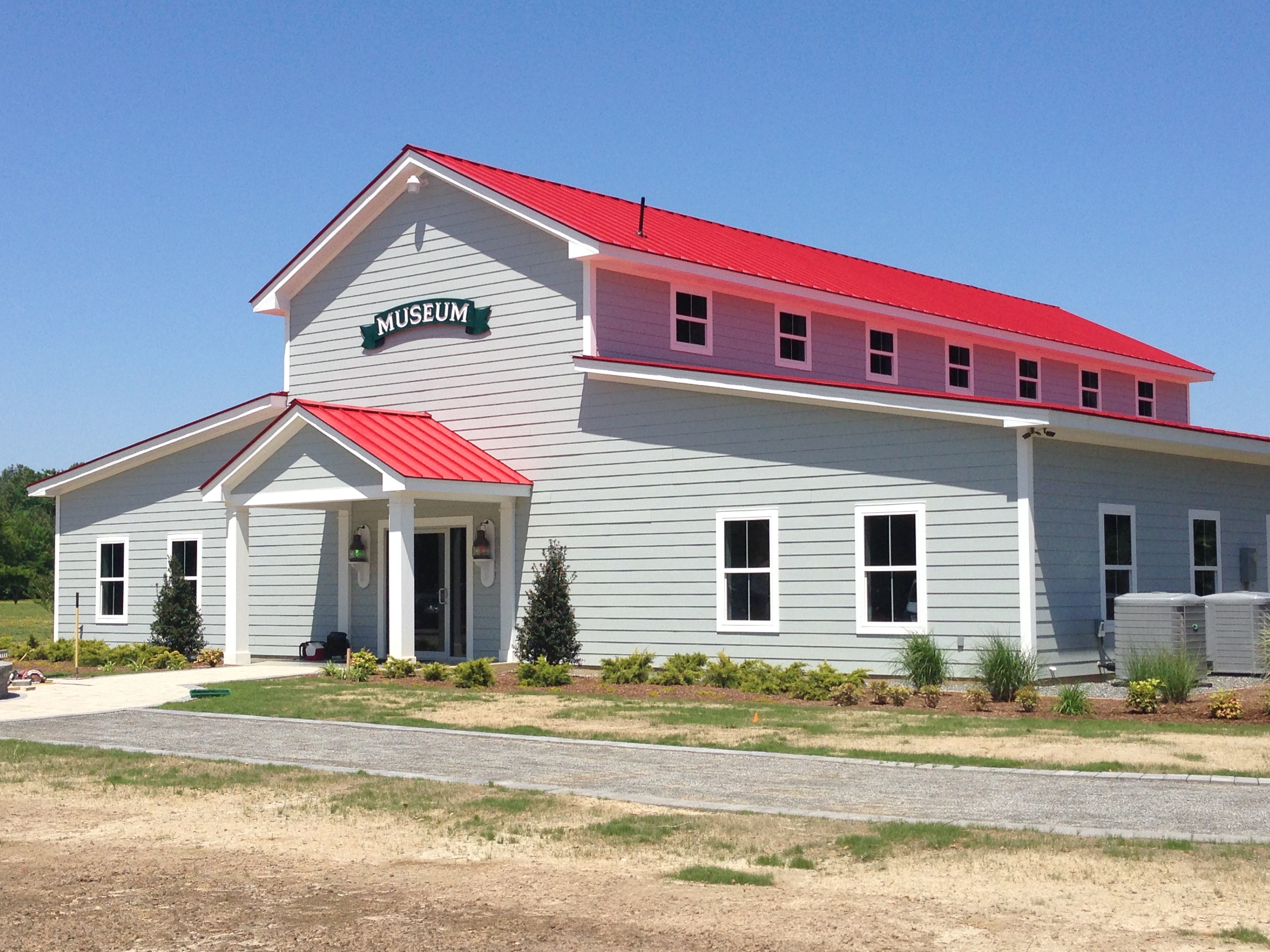 Deltaville Maritime Museum
Deltaville Maritime MuseumThe Deltaville Maritime Museum & Holly Point Nature Park is a local treasure, collecting and exhibiting the rich nautical history of the area known as the "Boatbuilding Capital of the Chesapeake." Not far from the spot where Jamestown Colony explorer... Read More
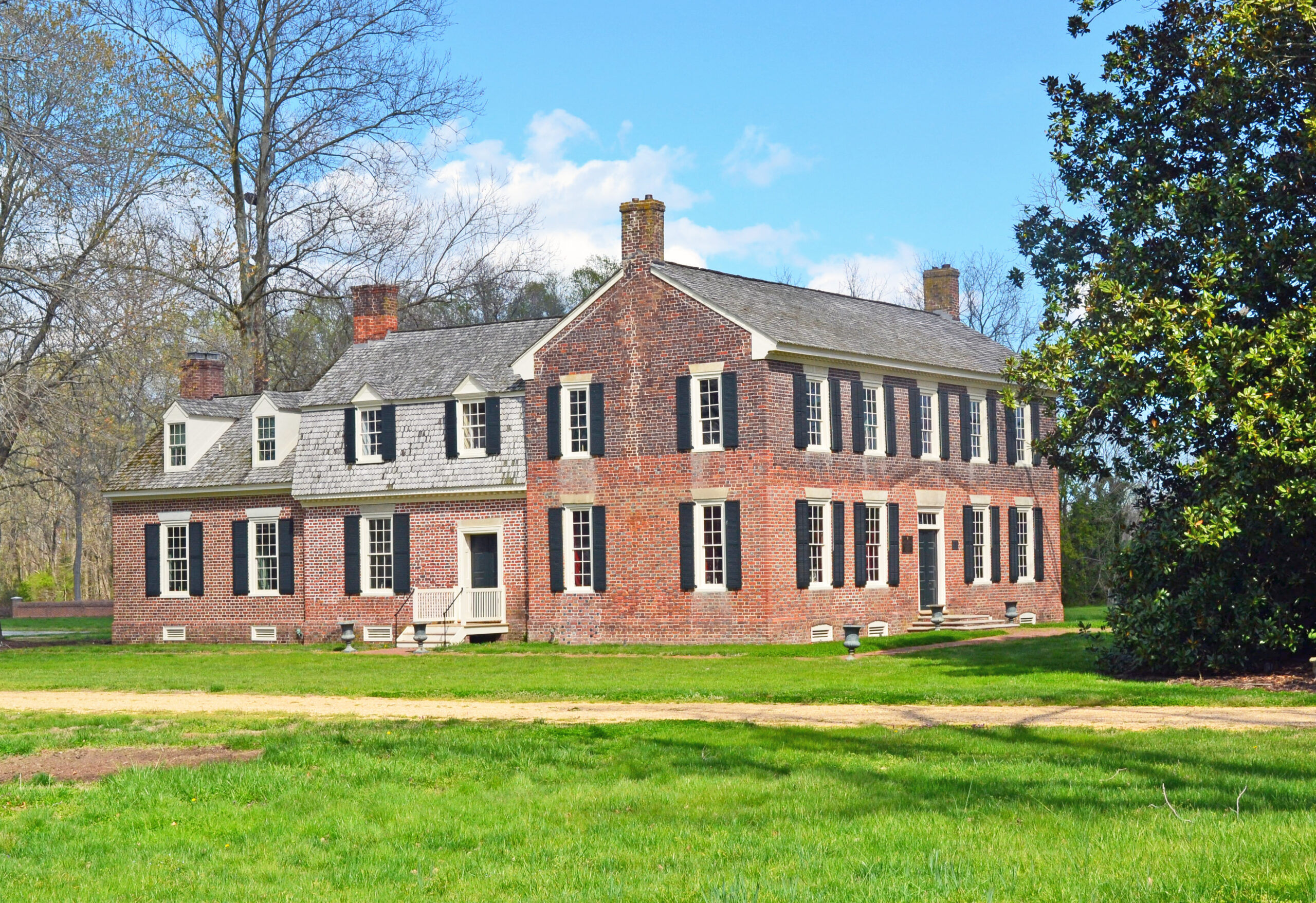 Hewick
HewickHewick was the 18th-century seat of the Robinson family, located just west of Urbanna in Middlesex County. Although long believed to have been constructed in two sections, the house most likely was built as a unit in the mid-18th century for the plan... Read More
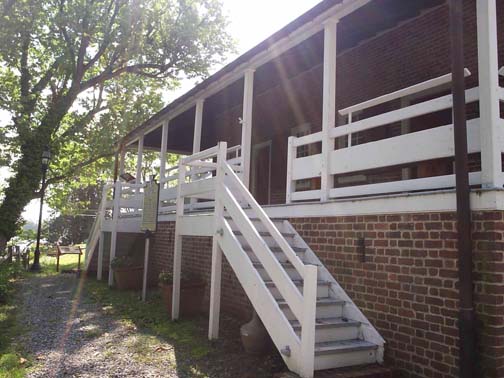 James Mill Scottish Factor Store & Urbanna Museum
James Mill Scottish Factor Store & Urbanna MuseumThe only remaining original Factor Store in the U.S., the Museum has a fully restored and richly detailed 1755 Mitchell Map. The map was used to negotiate the treaties that ended the Revolutionary War, define eastern states boundaries as recently as ... Read More
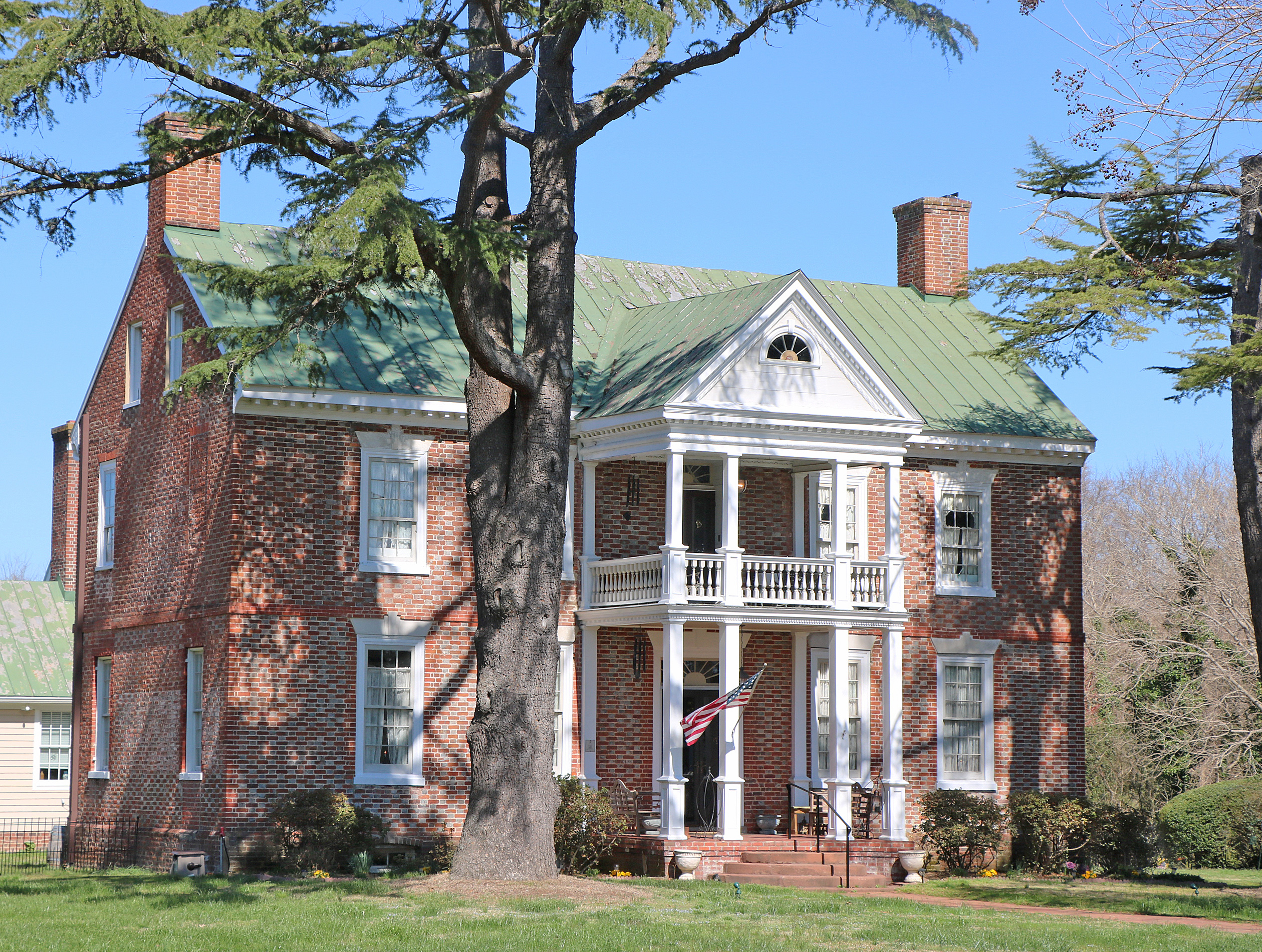 Landsdowne
LandsdowneIn 1763 Ralph Wormeley III of Rosegill sold this house to James Mills, a Scottish merchant. In 1791 Arthur Lee bought it and 1,000 adjacent acres to be his home in retirement. Lee named this estate Landsdowne in honor of his friend, William Fitzmauri... Read More
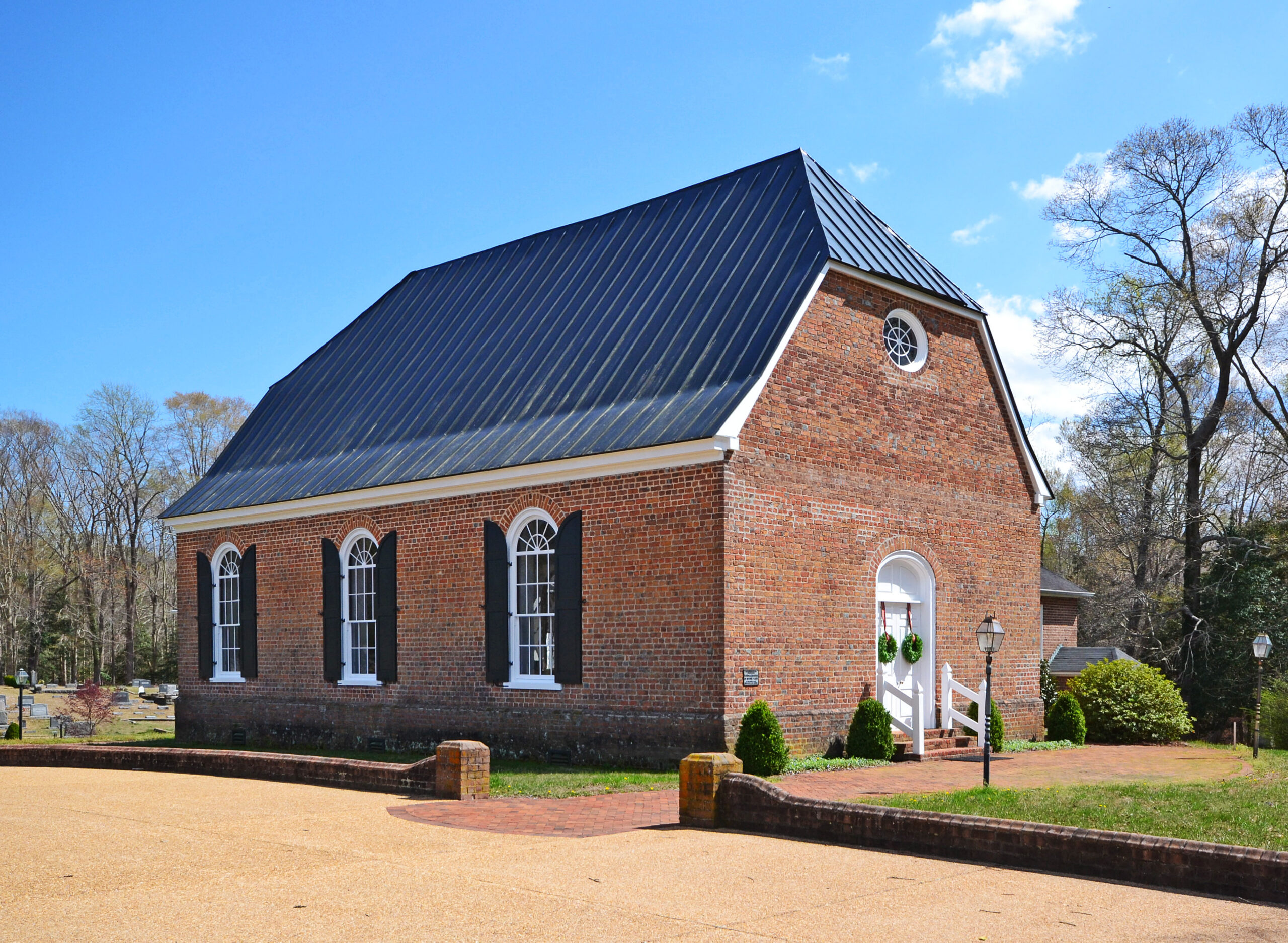 Lower Historic Episcopal Church
Lower Historic Episcopal ChurchLower Chapel is one of two chapels ordered in 1710, along with the main parish church, to serve Middlesex County's Christ Church Parish. The other chapel does not survive. Lower Chapel, begun in 1714, was so named because it was located in the lower ... Read More
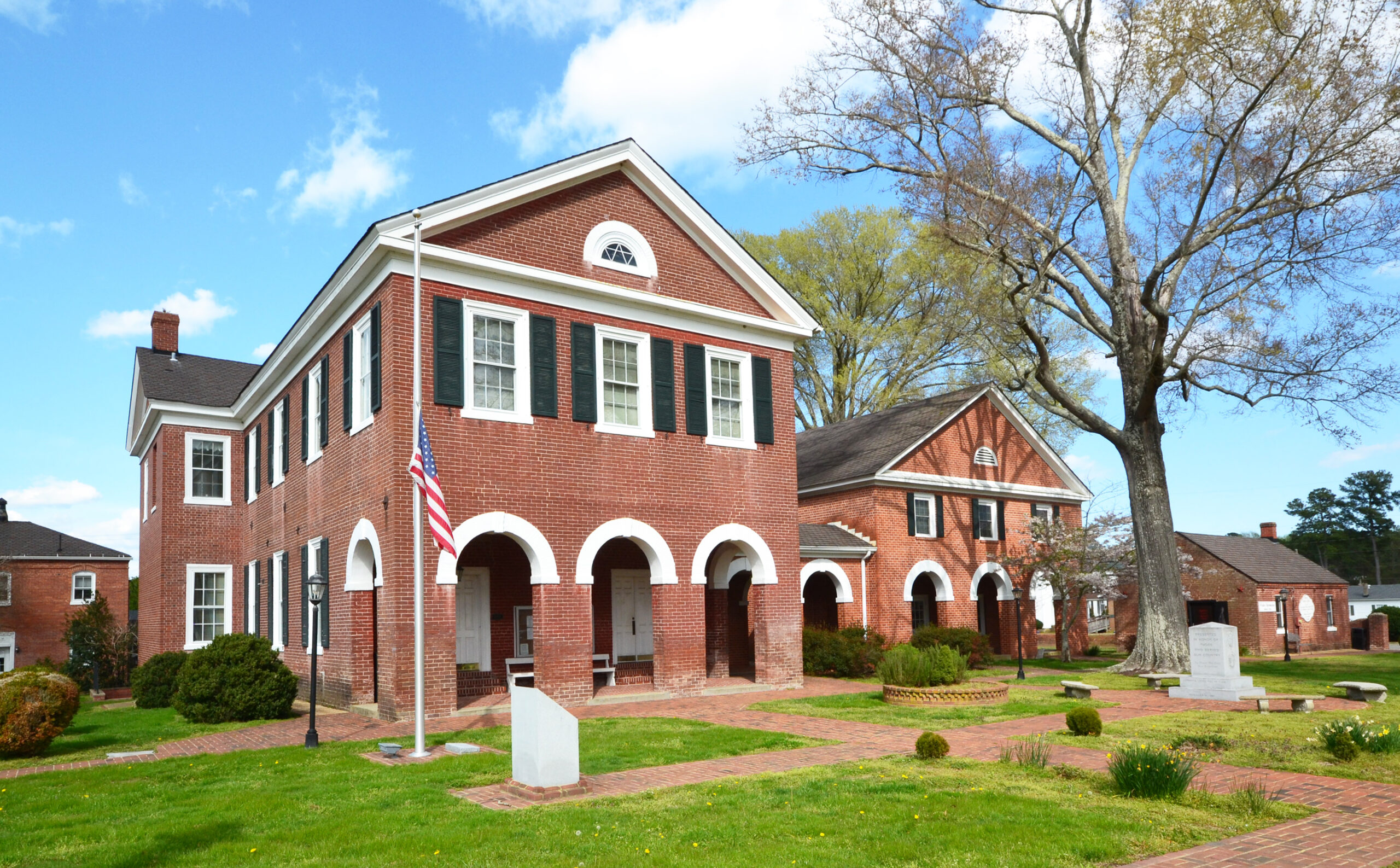 Middlesex County Courthouse
Middlesex County CourthouseIn 1849, the county seat of Middlesex was moved from Urbanna to Saluda. Engineer John P. Hill completed the present courthouse in 1852. During the Civil War, Federal cavalrymen stationed in Yorktown made several excursions through the county. Court c... Read More
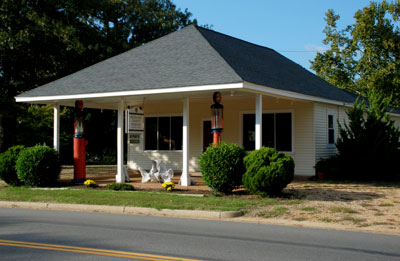 Middlesex Museum & Historical Society
Middlesex Museum & Historical SocietyThe Middlesex County Museum & Historical Society is a journey through everyday life going back through the 19th century — and beyond. Get up close with artifacts that include prehistoric whale bones and shark teeth and Native American arrow points.... Read More
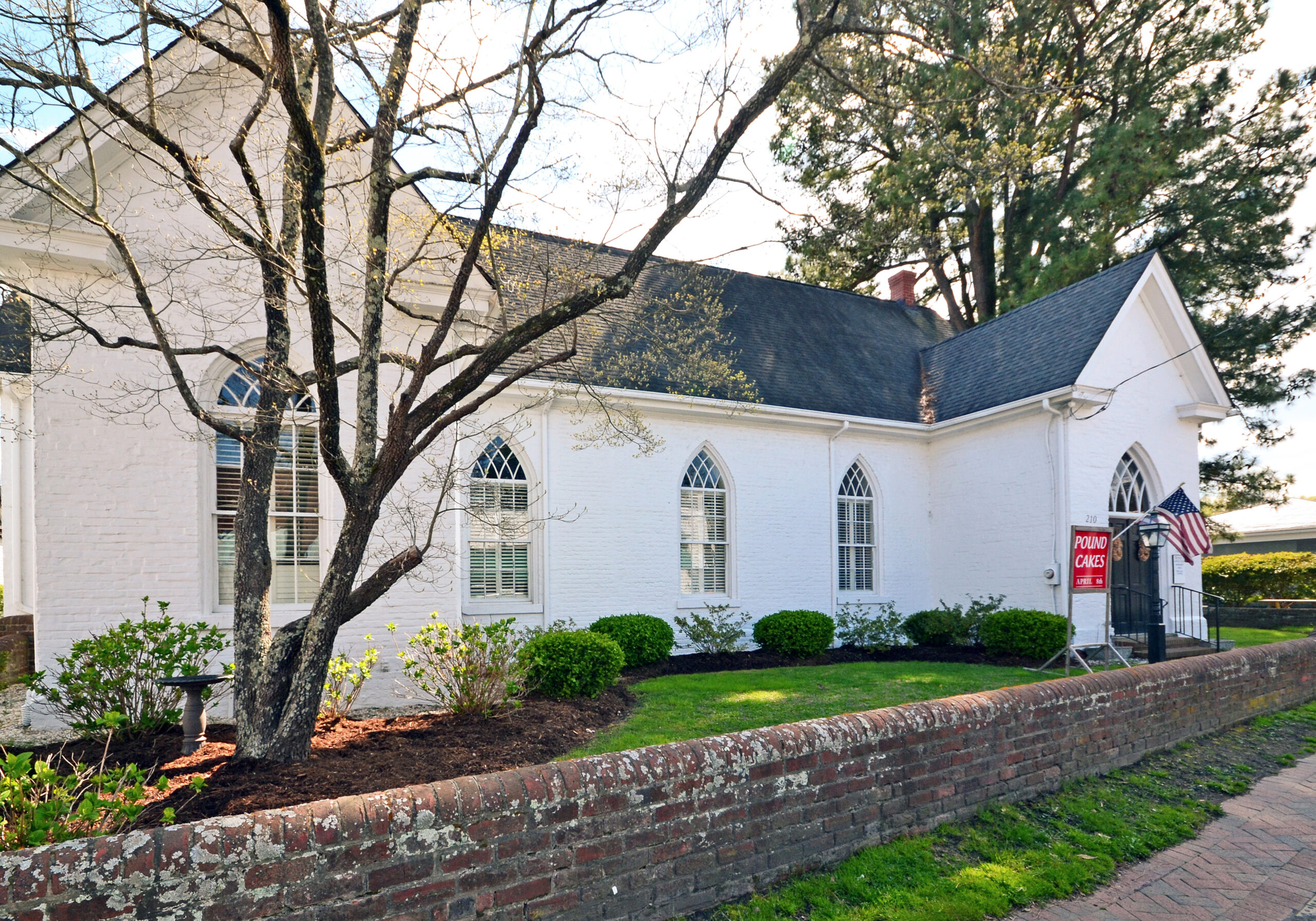 Old Middlesex County Court House
Old Middlesex County Court HouseThis building served as the Middlesex County courthouse from 1748 to 1852. Although much altered from its original appearance, it is one of Virginia's rare colonial courthouse buildings. During the American Revolution, the local Committee of Safety m... Read More
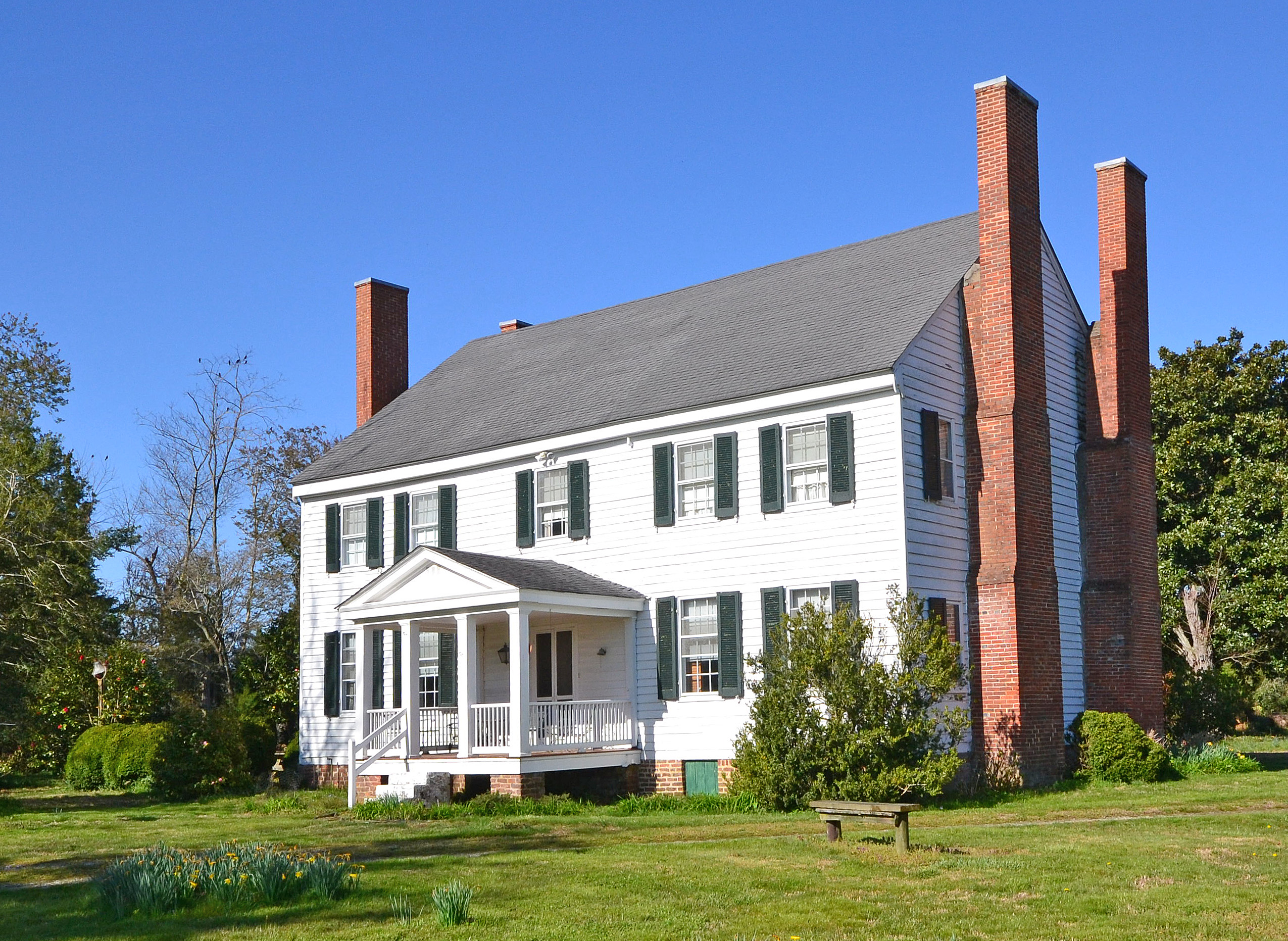 Prospect
ProspectProspect in Middlesex County probably was built in stages between 1820 and 1850. The main building is a three-story, weatherboarded, gable-roofed dwelling with two 38-foot-high chimneys abutting either end of the five-bay façade. It has identical ga... Read More
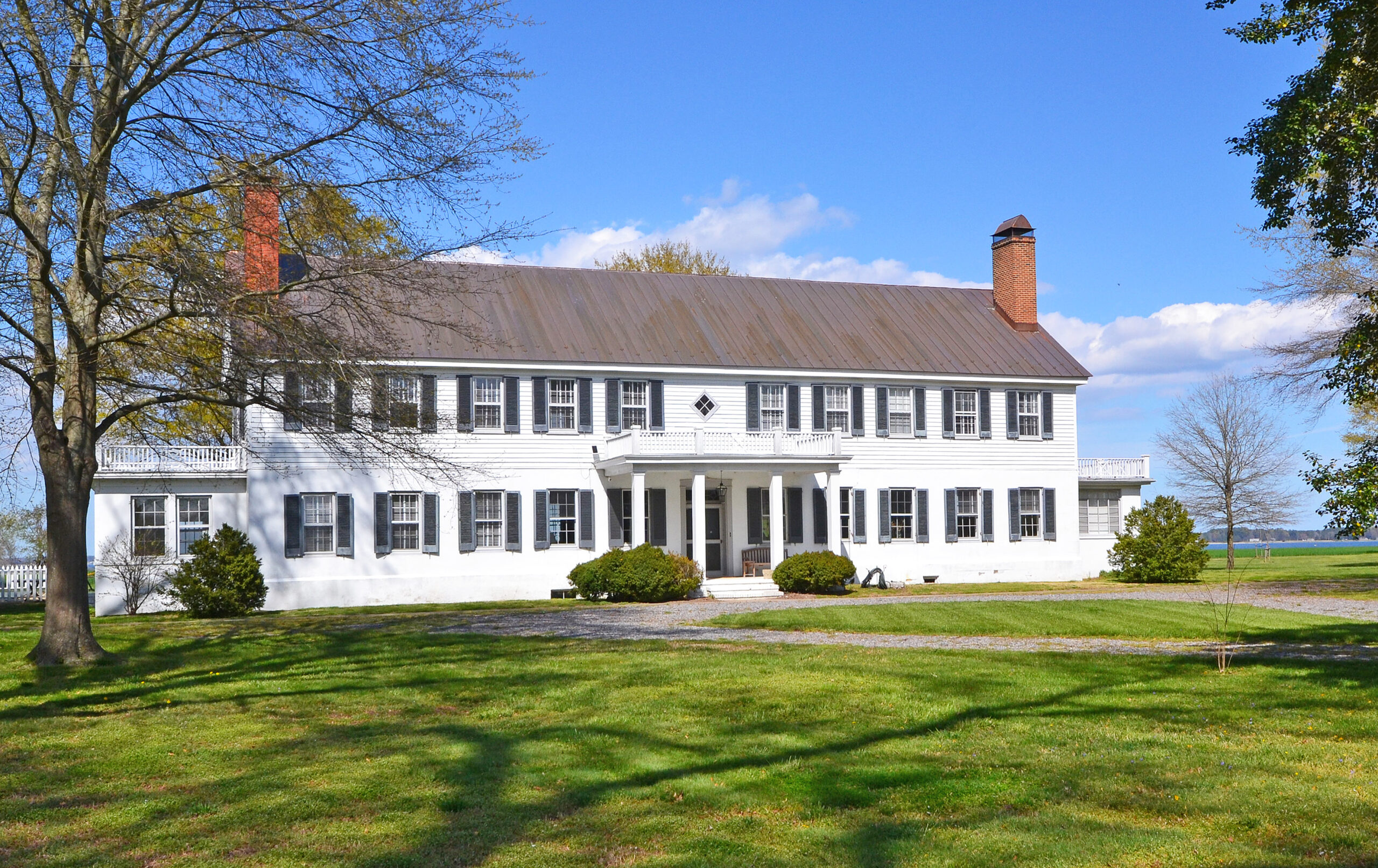 Rosegill
RosegillThe house was built about 1650 by the first Ralph Wormeley; it became the summer home of the colonial governors, Sir Henry Chicheley and Lord Howard of Effingham. In 1776, the owner, the fifth Ralph Wormeley, was put under restraint as a Tory. In 178... Read More
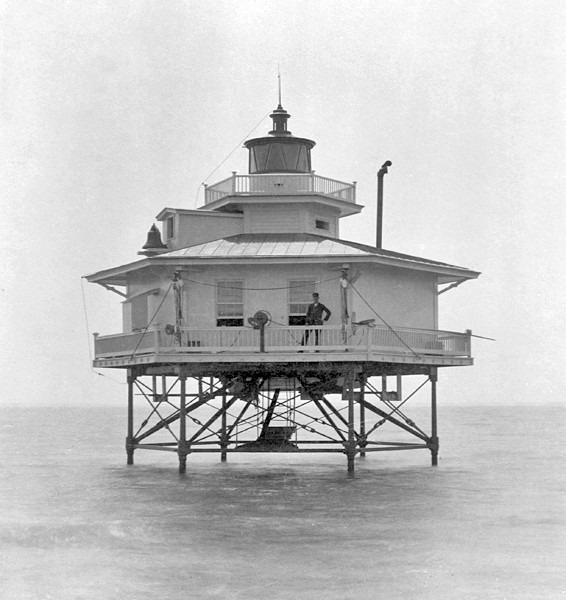 Stingray Point Lighthouse (Replica)
Stingray Point Lighthouse (Replica)On March 3, 1853, Congress appropriated $250 for a small light on Stingray Point, but later that year, Inspector Alexander M. Pennock requested additional funds for the navigational aid. Congress provided an additional $12,000 for Stingray Point L... Read More
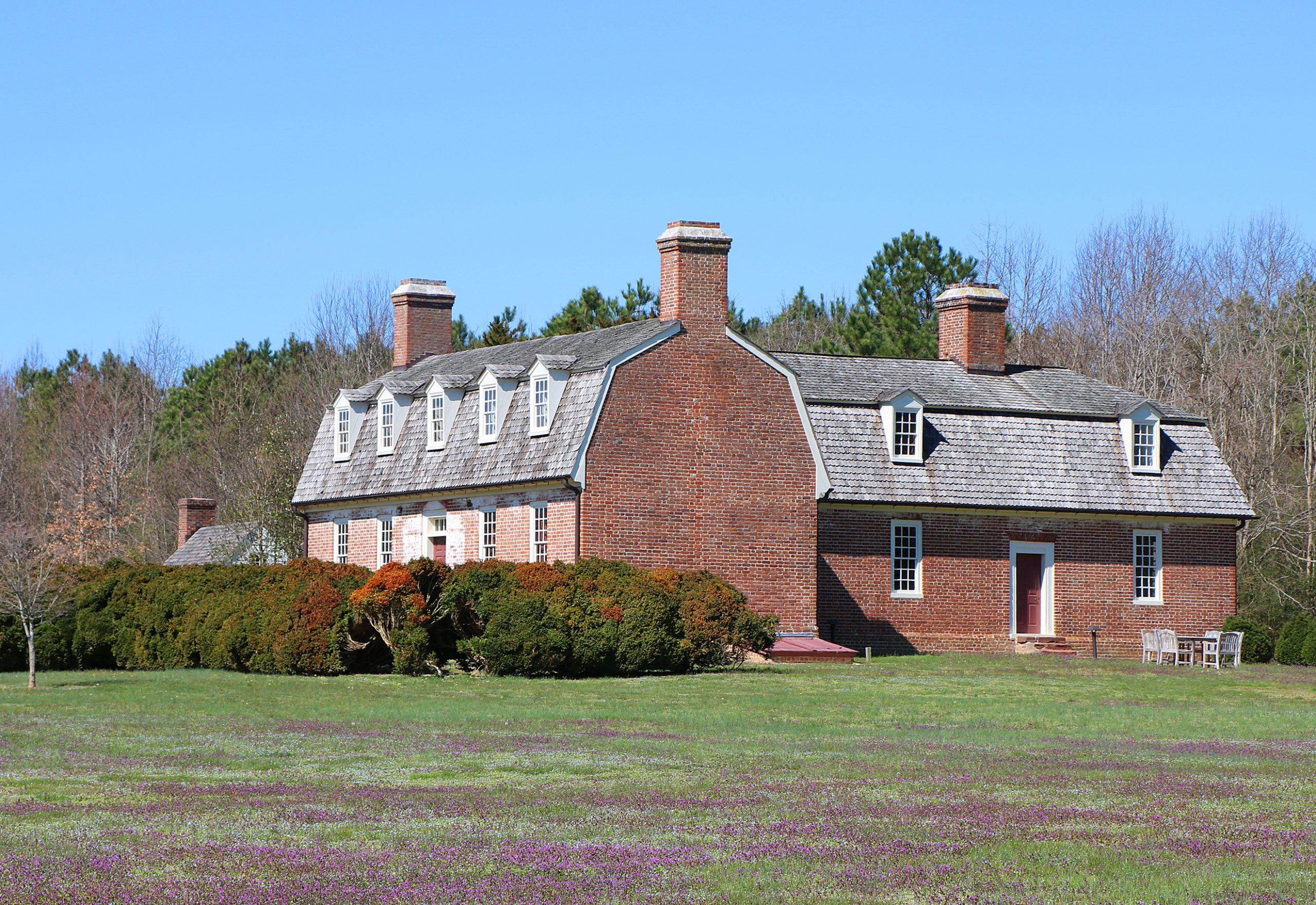 Wilton
WiltonWilton, in Middlesex County, was completed in 1763 by Col. William Churchill, clerk of the county court for nearly three decades. This finely crafted structure is one of Tidewater Virginia's most sophisticated colonial plantation houses. Private H... Read More
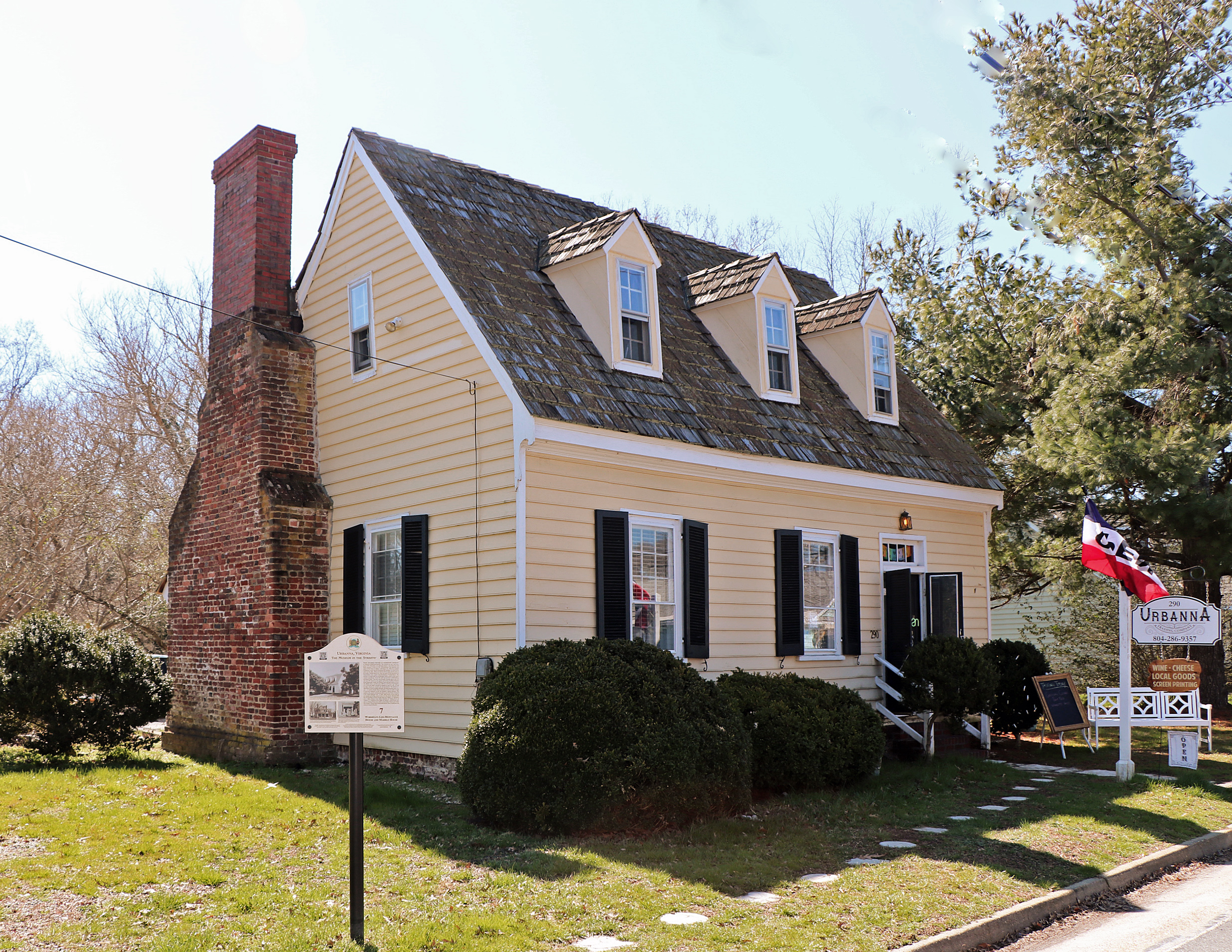 Wormeley-Lee montague House
Wormeley-Lee montague HouseThe Wormeley Cottage is the simplest of the few early houses remaining in the once bustling colonial port of Urbanna. It stands on a lot originally owned by the Wormeley family of Rosegill, and it is assumed that they erected the building for use as ... Read More
For more information, please contact:
Patrick Daughtry, Director of Major Gifts
(757) 936-0302 | pdaughtry@va250.org
Susan Nolan, Director of Institutional Giving
(757) 903-1060 | snolan@va250.org
You can see how this popup was set up in our step-by-step guide: https://wppopupmaker.com/guides/auto-opening-announcement-popups/